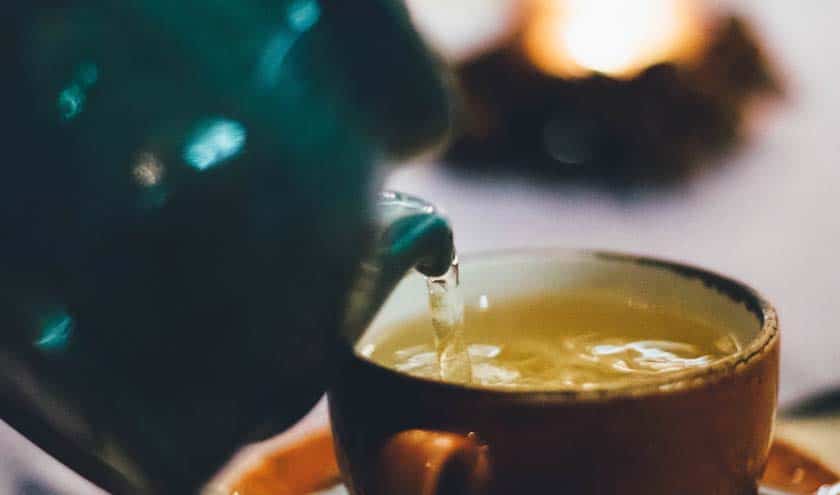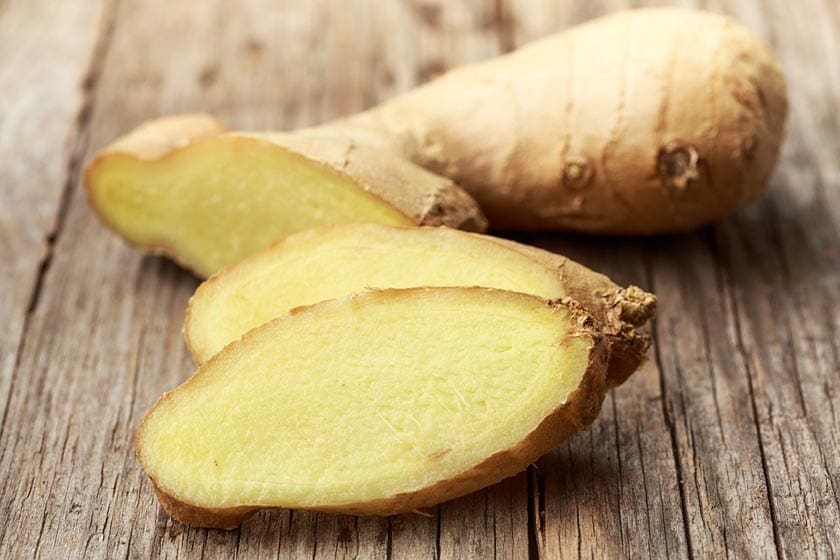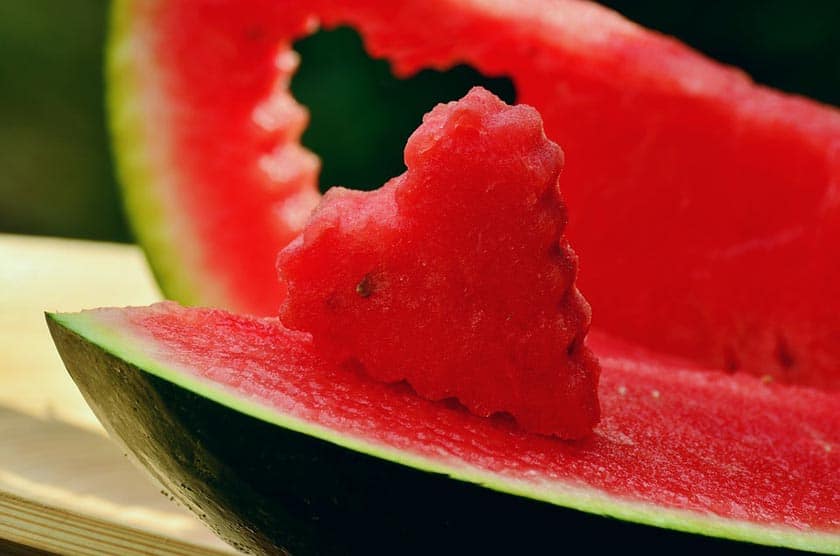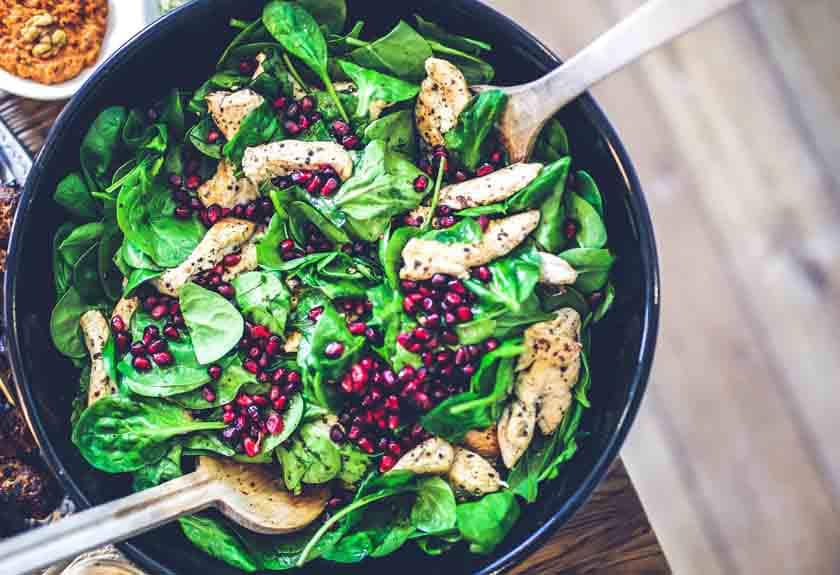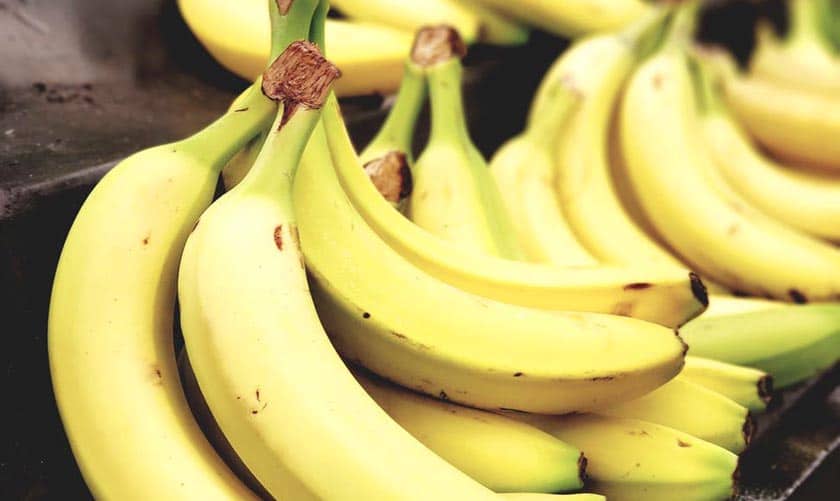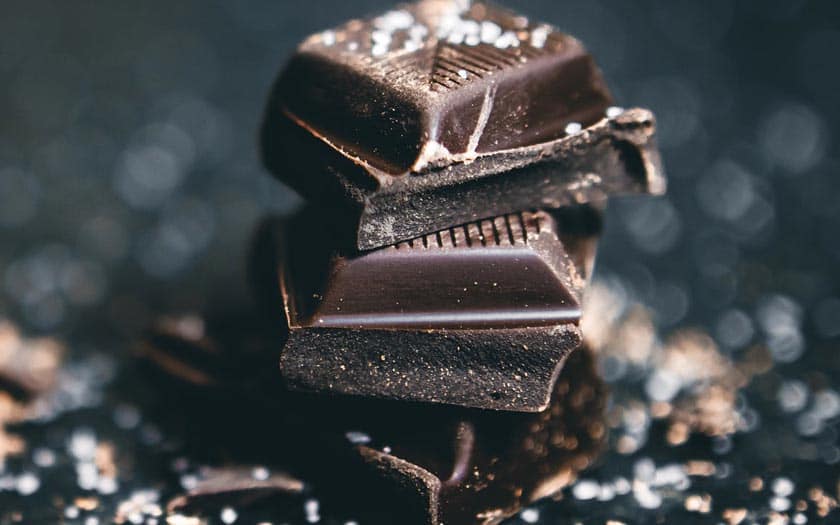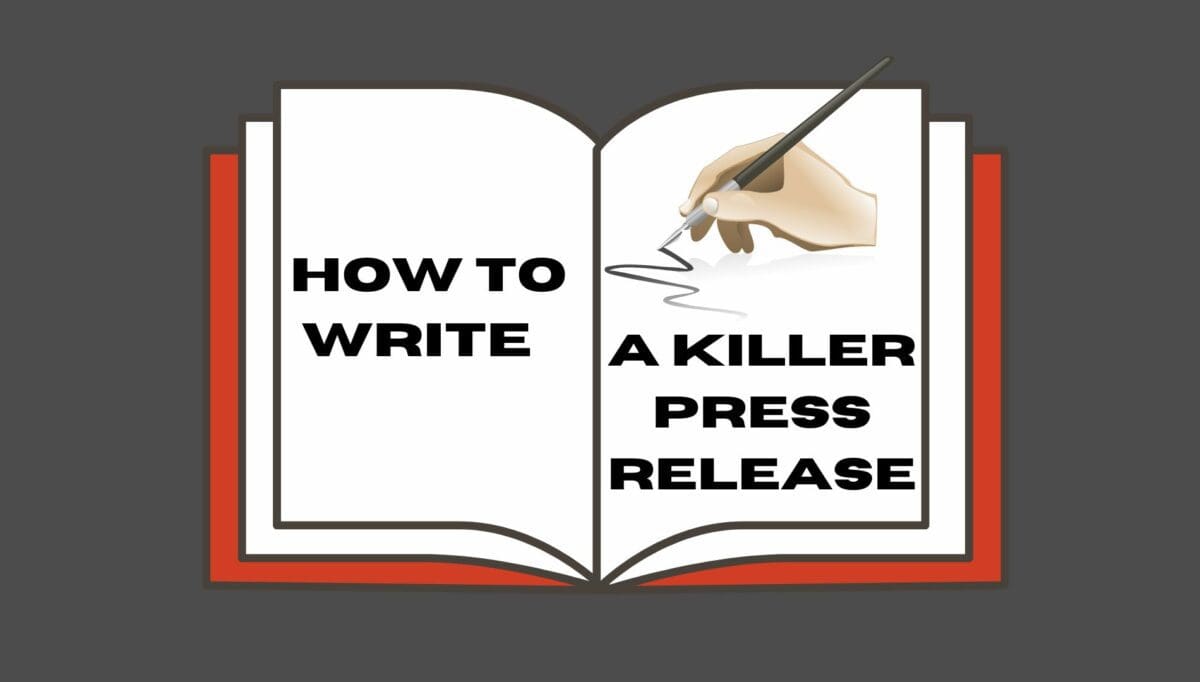What you eat and drink in the hours before singing has a considerable influence on how good your voice is. Most performers understand how important it is to look after their voice, as the health of a singer’s vocal cords can make or break a performance. This article lists the best things to eat and drink as a singer, and also what you should avoid.
The best foods before singing are foods that hydrate your voice or are rich in protein. Singers should never stuff themselves before a performance and should avoid foods that are rich in dairy or hot spice. The best drinks before singing are warm drinks without caffeine or milk.
We’ve put together an amazing list of foods and drinks that can soothe your voice before singing, including quick snacks and remedies for a sore throat. If you’re a dancer as well, have a look at what to eat and drink before dancing.
Good Foods To Eat Before Singing
Eating the best foods and knowing what to drink to have a good singing voice can help you improve before you get on stage.
- Warm water
- Herbal teas
- Manuka honey
- Lemon
- Ginger
- Cucumber
- Watermelon
- Salads
- Fresh fruit
- Chicken
- Fish
- Turkey
- Kidney Beans
Best Drinks To Help The Singing Voice
Below you can read some more detail on what to drink to have a good voice, help with your performance, and contribute towards improved vocal health.
Warm or room temperature water?
Warm or room-temperature water will hydrate your vocal cords, making them more supple and less liable to injury. Water that is served at room temperature or warmer will have the desired loosening effect.
Why is cold water not good for singers?
Hydration is a vital factor; however cold water isn’t ideal for your vocal cords because it can cause them to tense up. When the muscles get cold, they contract, thus tension.
The whole idea behind singing is to have your vocal cords and surrounding muscles as loose as possible while singing. Hydration is a huge part of healthy vocal cords, so drink as much water as you can. Ideally, room temperature to ensure you are well hydrated.
How much water should a singer drink?
To stay properly hydrated, the average adult should drink a quarter of a pint of water, eight times a day. Vocal cords can be easily damaged, as they are made of delicate tissue. Mucus protects the vocal cords and staying hydrated is essential. If you are even slightly dehydrated, your vocal fold tissues become dry and even permanently injured.
Drinking water right before a performance is not a good idea either. To keep your vocal folds truly hydrated, you need to be drinking water throughout the day.
Looking to fix a hoarse voice? See our tips below:
How can I tell if I’m drinking enough as a singer?
As an indication, if your urine is clear in appearance, then you are well hydrated. If your urine becomes darker it is an indication there is not enough water in your systems to flush out your system properly.
Best tea for singers throat?
In our drinks section a little further up the page, we established that tea can be a good drink to help a singing voice. But what is the best tea for singers and vocal health? Scroll down to see our list of what teas are best for a singer, including the reasons why.
What is the best tea for your singing voice?
- Decaffeinated tea is the best tea to drink for your singing voice. Drinking herbal teas such as green tea or liquorice with some good quality Manuka honey for sweetener or lemon for zest is best.
- Peppermint tea will invigorate you and chamomile teas are naturally relaxing. Caffeine and milk in tea are not recommended.
- Throat Coat herbal tea is made from liquorice root, elm bark, and some other organic ingredients, it’s a brand of herbal tea that you might be able to find in your local grocery store or online. It’s quite strong, so add some honey to it for the best results.
- Honey and lemon tea this one you make yourself by simply adding honey and lemon to warm water. It’s said to soothe and hydrate your voice leading to improved vocal health!
- Wild white moss is a wild tea that comes from the Himalayan region and can help to cool down a raspy singing voice. The locals at the foothills of the Himalayas have used it for centuries.
Is lemon good for your voice?
Yes, as lemon has a high source of vitamin C to help fight infection and, like honey, contains calcium, iron, magnesium and potassium.
Lemons contain citric acid which helps to break down the mucus in your throat and also helps to relieve you of throat inflammations.
Adding Manuka or Thyme honey, with half a squeezed lemon and some ginger to a glass of warm water is a fantastic alternative to tea and will further soothe the vocal cords in preparation for singing. Or, if you prefer, warm the lemon and ginger up in a pan with a little water, reduce it down add the Manuka and take it like medicine.
Is ginger good for the voice?
Ginger has warming properties and increases blood flow. It is also anti-inflammatory and it’s full of antioxidants and has no caffeine making it one of the best things to eat before singing.
Ginger can help to soothe an irritated throat and boost your immune system when you’re sick. It also has the widely-researched benefit of reducing nausea thus potentially helping with the nerves. Add ginger to food and beverages to get rid of throat irritation and improve your singing voice.
You can use fresh or dried ginger, but fresh ginger makes the tastiest tea. Sweeten it with high-quality honey, which also has antimicrobial and anti-inflammatory properties.
Remember the tea itself doesn’t actually touch your vocal folds. The only substances that touch your vocal folds are things you inhale like steam. Ginger’s warming properties make it another useful addition to your warm water.
Foods and drinks that only help the voice do so after it’s been processed by your body via your bloodstream. So, it’s always worth considering your diet, especially if feeling under the weather.
Other Drinks To Help The Singing Voice
Onion Syrup
Not so well known for helping vocal cords keep clear and stay healthy are onions. Onions are an old home remedy renowned for their healing properties and are known to relieve coughs, colds and catarrh. Many musicians and music industry insiders swear by the benefits of crushed white onion and maple syrup topped with warm water.
If this sounds unpalatable, try simmering the onion to dampen the taste then adding maple syrup and warm water. Take a tablespoon hourly for a few hours before going on stage.
Chlorophyll
Adding a few drops of liquid chlorophyll to your water can help too; chlorophyll reduces inflammation and will ensure your vocal cords are primed and ready.
Honey/Maple Syrup
Adding honey or maple syrup to a glass of warm water can further soothe the vocal cords in preparation for singing. Or, if you prefer, warm it up alone and take it like medicine.
What Foods Are Good To Eat Before Singing?
There are so many different opinions as to what the best foods to improve singing voice performance are. We spoke with a selection of singers who perform at the Open Mic UK competition to see what they believe the best food to eat before singing is. Here’s a selection of some of the best advice they gave us.
A salad is a good option, with many ingredients being water-based. So, if you are potentially looking at a bit more than a snack all the following in a salad are high in water content; cucumber, iceberg lettuce, tomatoes and green peppers.
Protein is essential for singers, both chicken, fish and turkey are a lean sources of protein. It will fill you up and give you the energy for stamina to keep singing for long periods. Baking or boiling in the oven allows you to use less oil than frying.
If you are Vegetarian or Vegan, a good source of protein is pulses and beans. Kidney beans are great in a salad, or if you are interested in being especially healthy and conscientious about your diet sprouting your beans and seeds is a fantastic way to get all those important micronutrients.
Food That Improves Voice
Cucumber and Melon
The best snacks, as a rule, are ones high in water content so also hydrating the vocal cords.
Cucumber has one of the highest content of water of any food so it’s perfect, watermelon and cantaloupe melon all contain over 90% water also thus making them great for snacking and hydration. Again, eat your fruit at room temperature.
Fresh Fruit
An orange or an apple has a lot more crucial nutritional value. It’s best to chew your fruit, as that helps your body absorb it all better and extract the good vitamins they contain.
Unsalted Crackers
While dry crackers might seem like the last thing to eat before singing, actually they are great as they stimulate saliva production for hours, therefore lubricating your vocal cords accordingly.
The Best Healthy Meal And Diet For Singers
Turkey served with salad. With turkey being a lean source of protein along with containing tryptophan to reduce the nerves, combined with a salad high in water content for hydration as a side this has to be a consideration for the health conscientious singer. For general advice on healthy eating go to this article from the BBC.
Sore Throat Remedies For Singers
We’ve touched on many potential remedies above including herbal tea, lemon, honey and ginger.
Slippery Elm tea – which mimics the mucus made naturally – and Sanderson’s throat-specific mixture are two options. Both are designed to remedy sore throats but can also be used as a preventative measure before going on stage. You can also use Slippery elm tree barks powder for reducing an upset stomach and clearing the lungs.
Steaming For Singers
Steam can touch your vocal cords so a hot bath or boil up some water in a cooking pot and throw you’re a towel over your head as you breathe in that steam.
If you’re suffering from a cold, add some drops of Eucalyptus Oil and it will clear you up instantly. Just take care not to put too much in otherwise its vapour can sting your eyes.
There’s also the option of a nebuliser, as Chris Johnson’s article explains.
Food And Drink To Avoid Before Singing
Conversely, things to avoid ingesting are those that produce excess mucus or have a drying or cooling effect.
Hot or cold foods and drinks
As refreshing as chilled foods or drinks might seem pre-performance, the coldness will actually constrict your vocal cords, while hot drinks may cause your vocal cords to swell.
Dairy
Dairy — milk, ice cream, yoghurt — can thicken the mucous already present in your airways, which coats the vocal cords and makes singing difficult.
Is Banana Good For The Voice?
Yes and no; bananas are made up of potassium, magnesium and tryptophan. Magnesium is a natural beta-blocker and thus a natural remedy for preventing anxiety. It reduces the hormones that provoke the “fight-or-flight” response in humans. Tryptophan adds to the mix by triggering the release of serotonin and reducing stress.
The gloopy texture of bananas can also irritate the vocal cords, producing excess mucus.
Singers who aren’t fond of bananas or feel it adds to inhibiting the vocal cords can snack on apricots and spinach, both of which contain high levels of magnesium, or dark chocolate, kiwi fruit, turkey and tuna to get tryptophan.
Other anxiety-reducing foods include such foods as almonds and citrus fruits.
Citrus fruits
While many people cite lemon tea as a fail-safe pre-stage drink, citrus fruits can actually have a drying effect and this could negatively affect some people’s singing performance. So, you need to work out if lemon is something that works for you or not.
If you are going to have fruit best to chew it, juices tend to have a lot of sugar, which can go straight into your bloodstream and wear you out quicker. It slows the digestion process down when you chew your food.
Caffeine & Alcohol
Both caffeine and alcohol have a dehydrating effect and are best avoided before a performance.
What Foods Can Calm The Nerves Before You Sing?
Your voice isn’t the only thing to think about before going on stage; there are also foods that are renowned for their calming properties:
- Spinach is a rich source of magnesium, which helps aids relaxation
- Basil has antibacterial and anti-inflammatory properties and also contains magnesium.
- Brazil nuts are a great source of selenium, known to fight anxiety, depression and fatigue
- Broccoli, which provides potassium to fight tiredness
- Green tea, is a source of L-theanine, an amino acid that reduces stress and promotes relaxation
- Dark chocolate, is a source of tryptophan, a component of serotonin which relaxes the brain
- Kiwi fruit for Vitamin C that converts tryptophan into serotonin
One Size Doesn’t Fit All
When considering what to eat and drink before singing, the most important thing to remember is that you are unique. While there are scientific reasons to explain why some foods or drinks may be beneficial, the best way to find out what works best for you is by trial and error.
Do you agree with the tips mentioned above? What do you eat and drink before singing? What do you believe are the best foods that are good for your singing voice? We would love to hear about them in the comments below.








